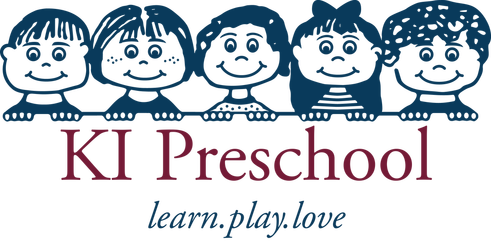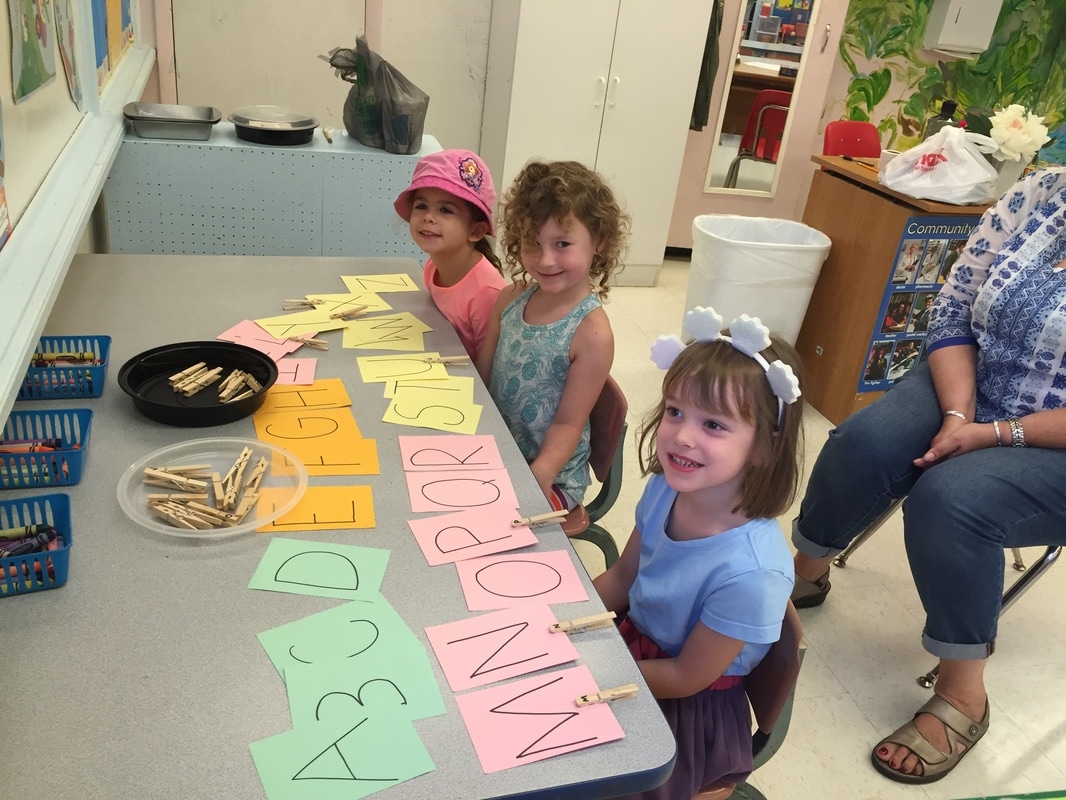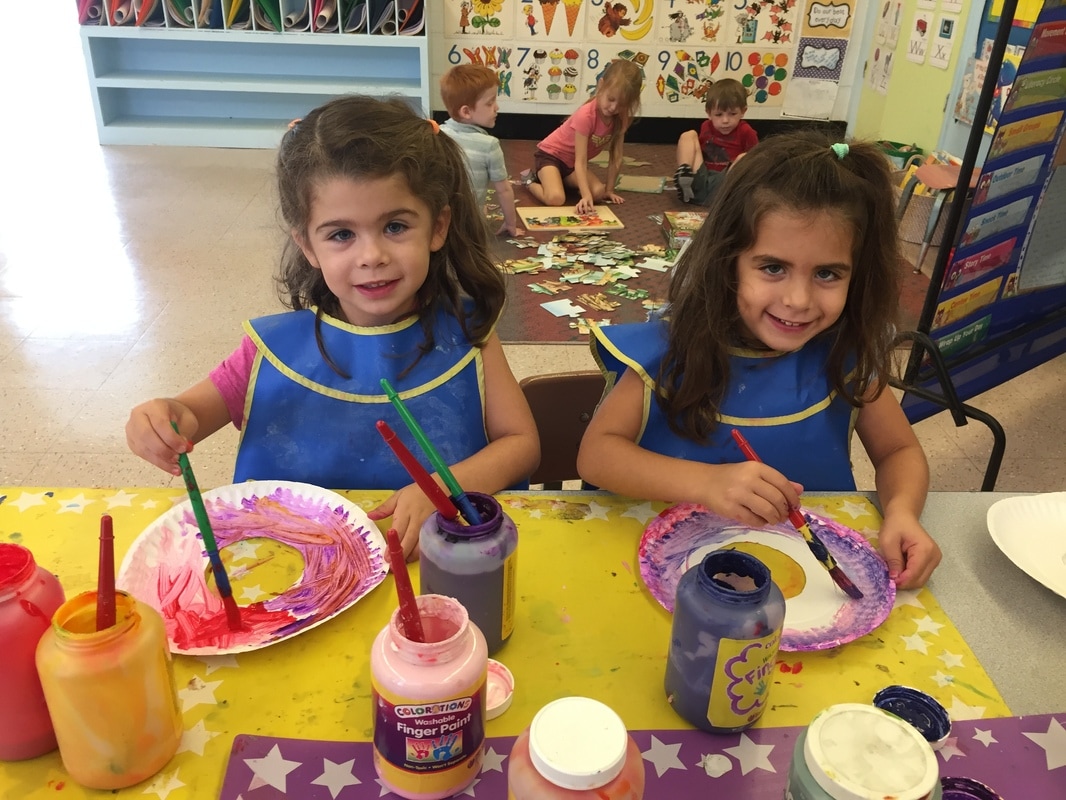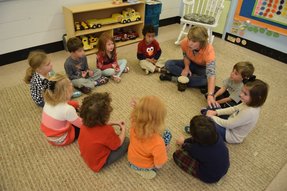Pre-K 4'sThe pre-kindergarten classroom provides a child-centered, developmentally-appropriate environment in which teachers facilitate and encourage active, experimental learning. Development of positive social relationships and individual growth are emphasized in an atmosphere of caring and support. Our children learn through guided play, that integrates language arts, including daily writing workshop, social studies, mathematics and foreign language.
The overall goals of the pre-kindergarten program are to foster the development of the whole child: emotionally, socially, intellectually and physically and to create the foundations for children to view learning as an exciting journey through life. Young children learn best when they can make connections across many disciplines. Therefore, early literacy, math, social studies, science, social-emotional development, creative arts, physical movement, health, and technology are integrated throughout the the KI curriculum. In our Pre-K program our children:
|
|




